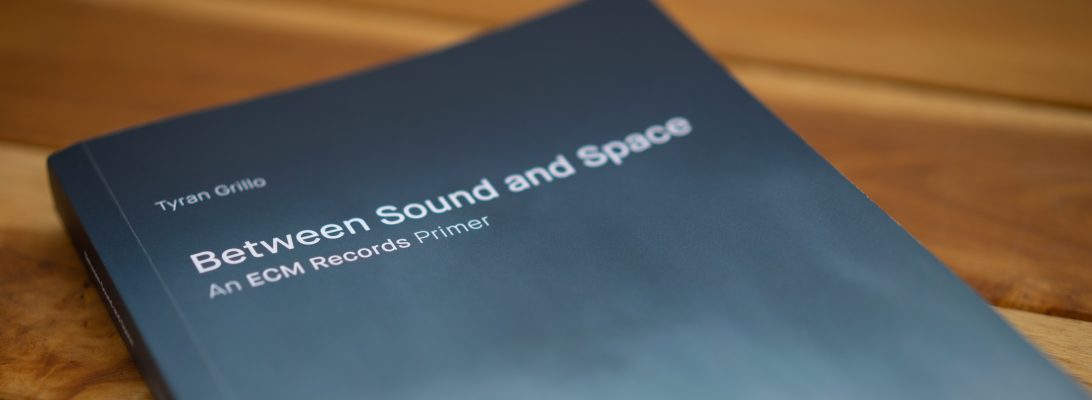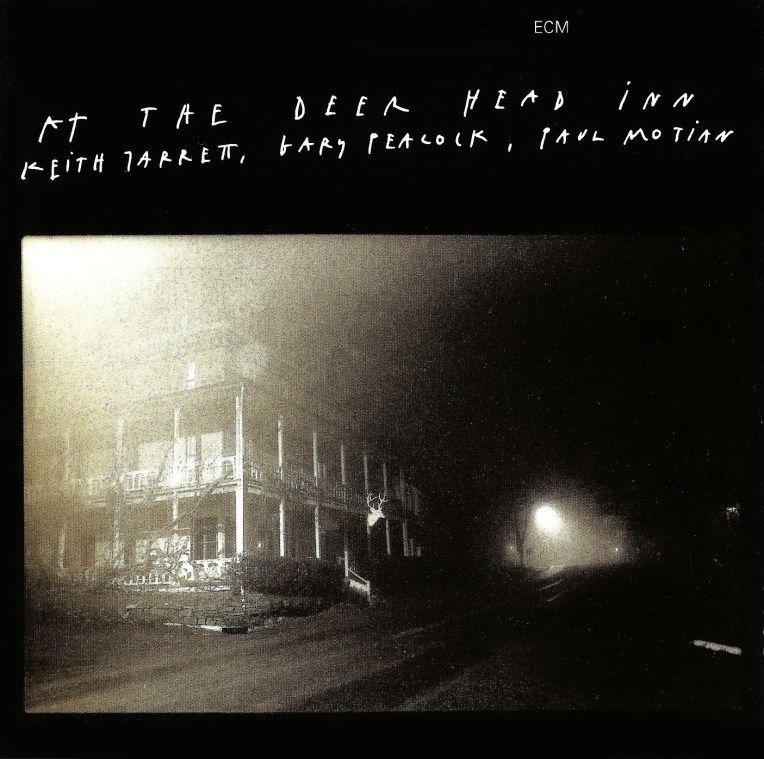
Gary Peacock Trio
Tangents
Marc Copland piano
Gary Peacock bass
Joey Baron drums
Recorded May 2016, Auditorio Stelio Molo RSI, Lugano
Engineer: Stefano Amerio
Produced by Manfred Eicher
Release date: August 25, 2017
Following the 2015 debut, Now This, Gary Peacock helms his trio with pianist Marc Copland and drummer Joey Baron once again into pristine waters. As if by force of metaphor, the trio indeed coheres like a finely made vessel in the set’s opener, “Contact.” The first of five Peacock originals, it opens with the bassist by his not-soon-to-be-lonesome, a voice with something to say. As Copland’s postmodern lyricism and Baron’s scintillating cymbals step into frame, we find ourselves moving from doorway to outside world. Throughout Peacock’s other compositions, whether in the evocative “December Greenwings” or the narrative title track, his bassing rises and falls as a city breeze while Copland fills in the footsteps of every pedestrian footprint below. And in the enthrallments of “Tempei Tempo” and “Rumblin’” he blossoms into jagged grooves that only reinforce their adhesive qualities with every rhythmic turn.
For this session, Baron pens the rightfully bubbling “Cauldron,” a sonic stew that goes down one hearty morsel at a time. His detail-rich drumming proves to be an intuitive foil for Copland’s chord voicings, as well as for Peacock’s ebullience. “In And Out” is another Baron creation that finds the drummer in lithe duet with Peacock. Copland contributes his own “Talkin’ Blues,” which by its sharp turns and fancy footwork glides over a uniquely joyous terrain.
The trio’s resplendent takes on nocturnal standards like Alex North’s “Spartacus” and Miles Davis’s “Blue In Green” show us only what masters can do with the masters when recorded by the masters, while between them breathes the freely improvised “Empty Forest.” This gentle yet no-less-formidable beast of a tune hangs its stars from every tree to replenish a foliage withered by time.
Remarkable about Tangentsis how equally each player contributes to the overall sound. One could write its roster on a wheel, spin it at any moment, and find enjoyment by focusing on whatever name it lands on. Everyone is as much a listener as a crafter of that which is heard, a chaser of the same muse whose love of communication is as indelible as the sentiments conveyed here.










